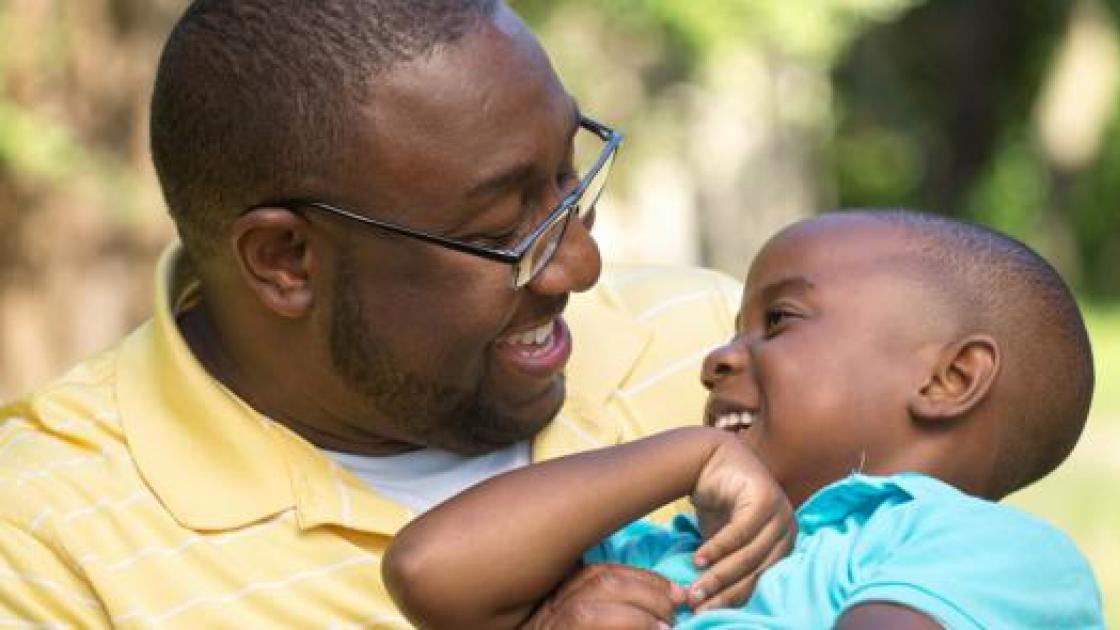
Innovation Incubators for Building Wellness and Resilience in Rural and Urban Schools
Short Background: Childhood trauma can have a direct, immediate, and potentially hazardous impact on the ability of a child to develop and learn. Defined as a response to a negative event or series of events which surpass a child’s ordinary coping skills, trauma comes in many forms including maltreatment, witnessing violence, or loss of a loved one. These events, collectively referred to as adverse childhood experiences, can interfere with brain development, learning, and behavior – each potentially impacting academic success and health outcomes.
Schools have an essential role to play in providing stability and safe space for children and connecting them to caring adults. Evidence-supported, trauma-informed models have been incorporated in systems across the country leading to more trauma-informed care. Our team brought together an inter-disciplinary coalition to creatively embed this approach in a rural and urban county in our state.
Collaborators: Macon/Piatt Regional Office of Education, Education Coalition of Macon County, Illinois Education Association
Goals: Our goal is to improve academic success and health outcomes of children in five schools located in one rural and one urban county in our state by fostering innovation incubators that incorporate trauma-informed practices to build wellness and resilience.
Based on increasing awareness of the challenges faced by children suffering from trauma and the passage of a state law eliminating “zero tolerance” suspensions and expulsions, a unique partnership was formed between a regional office of education, a state-wide teacher’s association, a local county education coalition, and a medical school.
Through monthly meetings, increased educational sessions and awareness campaigns, a pilot program was started integrating the Whole School, Whole Community, Whole Child (WSCC) model in five schools reaching over 1500 students and their families. Each school was tasked with performing a needs assessment and changing its culture to integrate collaborative problem solving that fosters healthy leaders, teachers, and students.
Findings: Needs assessments have been started in each of the schools to identify the challenges they face and its potential to build a trauma-informed innovating school. Although the process is early, small plants of innovation have sprouted with principals and teachers taking active roles in better identifying children at risk and placing them in a position to succeed. Each school has a number of success stories of students responding and improving based on these changes. Our academicians also have begun a process of providing a framework of metrics both qualitative and quantitative to tell the coalition’s story.
